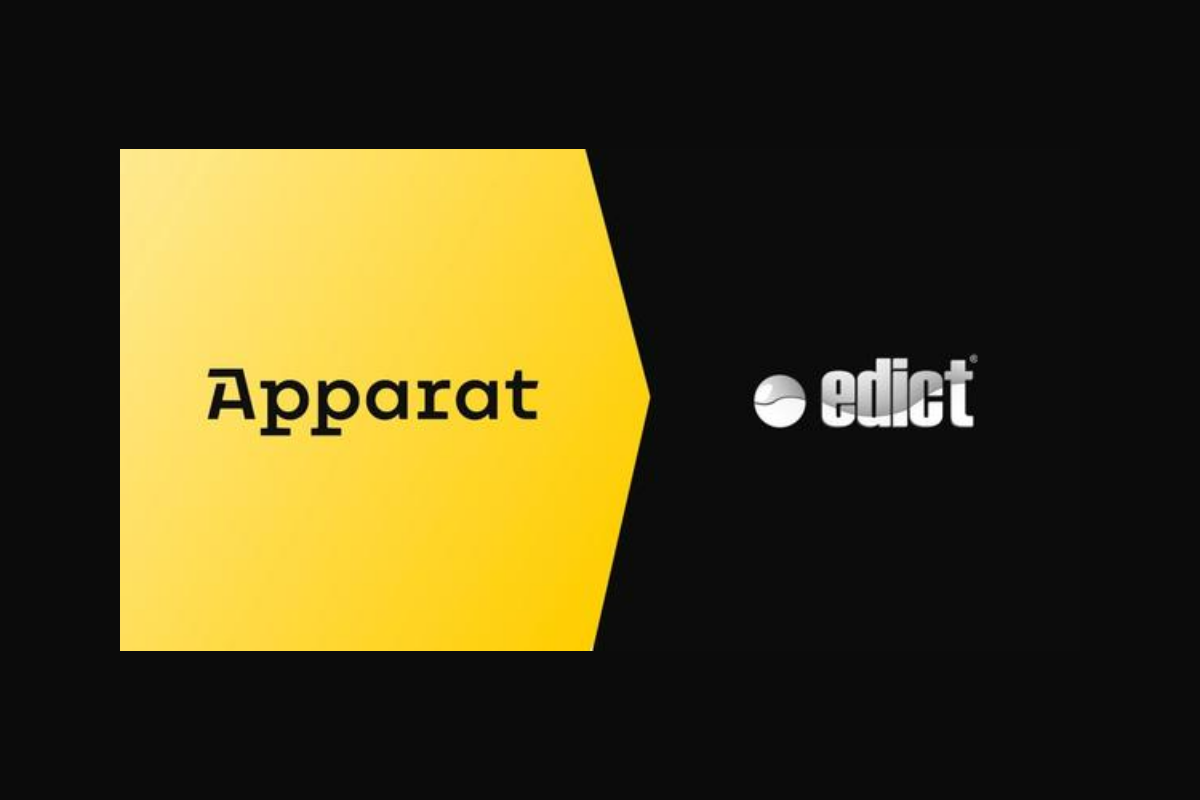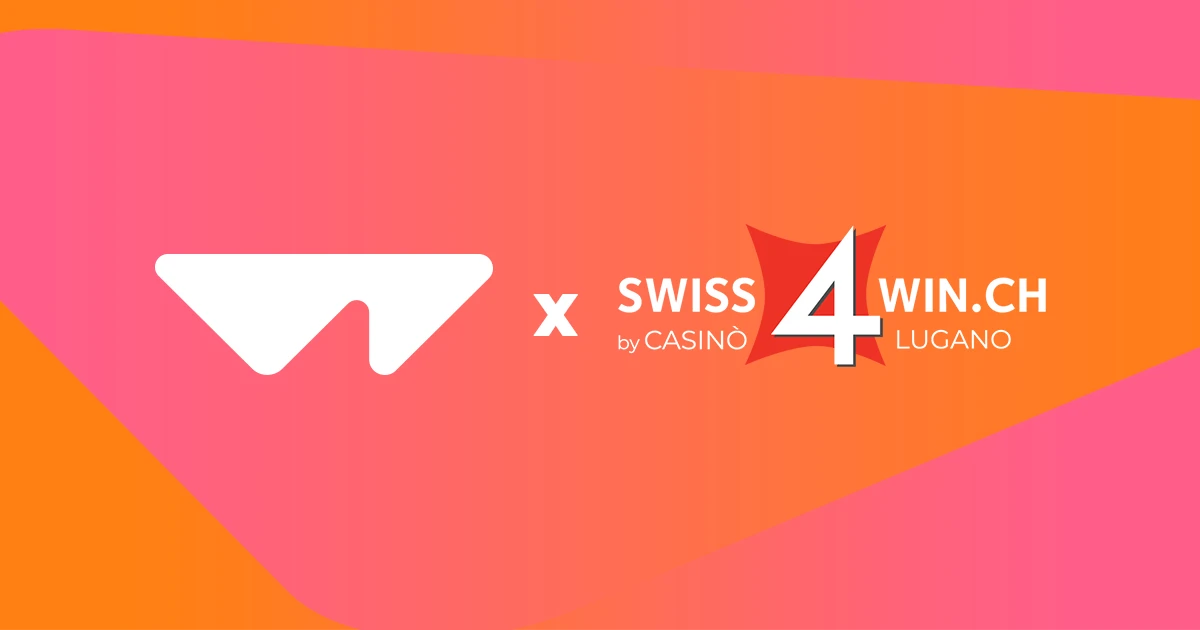Central Europe
Alfastreet and Complete Solutions sign distribution partnership

The partnership ensures availability of high quality products and services around the Caribbean.
Alfastreet, a leading creator of multi-player gaming instruments with headquarters in Slovenia, and Complete Solutions, a provider of consultancy casino services and information technology from Aruba, announced today a distribution partnership.
Alfastreet’s strong position in Caribbean market is constantly growing which led to the company’s decision of choosing a local partner Complete Solutions to be their distributor and technical support for the islands. The agreement includes distribution of the complete Alfastreet product line, upgrades and spare parts. Under the agreement provisions, Complete Solutions will also become the primary provider of service and application support in the covered region.
“With Complete Solutions as our distributor, we increase our presence in the casino market industry of the Caribbean,” stated Tjasa Luin Peric, CEO of Alfastreet. “Our goal is to continuously improve our customers’ experience in every aspect. Expanding our network of sales and support personnel and being in close proximity to where our customers are is the key initiative towards achieving that.”
“Over the last 19 years Complete Solutions has established itself as a premier supplier of consulting and support in the casino industry with its office in Aruba. The relationship with Alfastreet allows us to extend our reach on the casino floor by adding Alfastreet product line to our portfolio,” said Nigel Nedd, Director and owner of Complete Solutions. “By adding Alfastreet’s product line to Complete Solutions’ portfolio and by leveraging our extensive support infrastructure we can provide our Caribbean customers with a total solution to their needs.”
The companies are excited and committed to unify their efforts in bringing custom tailored gaming products to all clients in the Caribbean, living up to the highest standards that both partners stand for in the gaming industry. They are both excited to present the novelties to meet the clients at the upcoming G2E Las Vegas Show.
Central Europe
Apparat Gaming and edict egaming announce partnership

Leading German software provider teams up with Hamburg-born aggregator to make full suite of slots available to customers in regulated markets worldwide
With immediate effect, German iGaming-business Apparat Gaming is teaming up with fellow Hamburg-founded company edict egaming. The former, having forged a reputation for providing premium casino content with a German accent, has thus joined forces with one of the country’s top aggregators in edict, one of the Merkur Group’s subsidiaries.
As a result of the deal, Apparat Gaming’s ever-expanding portfolio of 30+ quality slots, including recent releases like the high-octane Autobahn Alarm and the hotly-anticipated Fishin’ the Biggest, will be joining edict’s already widespread line-up of over 200 titles – making them now available to all operators who choose edict for their game aggregation needs.
This collaboration will give customers access to an even more diverse selection of games, all of which are fully compliant with the latest German regulation and certified for release in multiple markets.
Founded in 1998, edict was one of the industry’s pioneering online casino service providers before it was acquired by the Merkur Group a decade later. In 2021, the company added an aggregator solution to its offering, and it has been steadily developing this product ever since to a point where it now supplies content to over 150 operators and starts 8.5+ billion games per year.
Specialising in engaging titles that are supplied by some of Germany’s most popular studios, Apparat Gaming’s releases will certainly look right at home among the aggregator’s prestigious game portfolio – and both parties are already looking forward to a highly successful collaboration.
Martin Frindt, Co-Founder and Chief Product Officer at Apparat Gaming, said: “Given Apparat Gaming’s German roots, we’re delighted to be teaming up with a Hamburg-born business-like edict. Adding our titles to their line-up will give operators access to our over 30 top slots that all come with our signature German accent, and we can’t wait to hear how they’re received by customers.”
Dominic-Daniel Lienard CEO at edict, said: “Since launching our aggregator solution, edict has compiled a stellar portfolio of releases from some of the top developers in Germany and beyond – and adding Apparat Gaming titles will strengthen this roster further. With great graphics, unique themes, and innovative bonus features, we’re sure their slots will be a huge hit with our operators.”
Central Europe
Wazdan amplifies Swiss presence with Swiss4Win launch

Wazdan, the gain-focused developer behind some of the world’s most rewarding casino game experiences has further expanded in the regulated Swiss market, taking its games live with Swiss4Win.
The collaboration enhances Wazdan’s profile in the country with Swiss4Win’s leading online gambling platform revolutionising player experiences with the introduction of the studio’s exciting range of games.
As Wazdan continues to deliver the world’s most rewarding casino game experiences, this new partnership heralds a new era of entertainment. Players can look forward to a diverse selection of captivating slots designed to appeal to Swiss players.
In conjunction with this partnership, Swiss4Win unveils its new website, meticulously crafted to enhance user engagement. The platform boasts a cutting-edge SEO-oriented design, complemented by a sleek dark mode interface. With a heightened focus on slot providers, the website features a dedicated page showcasing premier gaming offerings.
Radka Bacheva, Head of Sales and Business Development at Wazdan, said: “We’re excited to join forces with swiss4win.ch to introduce our latest games to players worldwide. This collaboration represents a shared commitment to innovation and excellence in the iGaming industry.”
Paolo Sanvido, Chief Executive Officer at Casino Lugano and Swiss4Win, added: “Wazdan’s distinguished reputation stems from its exceptional graphics and innovative features, which have resonated with players globally. Its dedication to crafting enriching casino experiences offers players greater control over their gaming preferences and seamlessly aligns with our audience’s interests.”
Central Europe
Aleatrust Signs Up as Supporting Member of the Austrian Sports Betting Association

The Austrian Sports Betting Association (OSWV) has welcomed Aleatrust as a new supporting member on board.
Above all, the comprehensive training offered by the E-Casino Academy launched by Aleatrust, which also focuses on the needs of the sports betting industry, is an important asset that will also be available to OSWV members from now on. Central topics such as money laundering prevention, data protection, data security and compliance, including anti-corruption, whistleblower protection and code of conduct, are of central importance here and are comprehensively covered by the E-Casino Academy.
Sharif Shoukry, Managing Director of OSWV, said: “The new active supporting membership of Aleatrust is an important step forward for the OSWV and its members. It provides access to tailor-made training that is specifically tailored to the requirements and challenges of our industry. We are convinced that this cooperation will make a significant contribution to professionalization and security in the Austrian sports betting market.”
A significant benefit of the partnership is the availability of their training programs online, allowing OSWV members to access essential knowledge anytime and anywhere. This flexible learning environment offers an optimal solution to meet the need for continuous education and training without relying on traditional, time- and location-bound training formats. This type of training not only saves valuable resources, but also allows for consistent and high-quality training of employees, regardless of their individual schedules or the location of the company.
“To be accepted into the circle of supporting members of the OSWV is a great recognition for Aleatrust. It confirms our commitment and expertise in developing and delivering world-class training programs that are specifically tailored to the gambling and sports betting industry,” Niklas Sattler, Managing Director of Alatrust, said.
Particularly noteworthy is the specialised course on money laundering prevention, developed in collaboration with the renowned expert Dr. Elena Scherschneva. Given their extensive experience and recognized expertise in training employees of numerous sportsbooks, the availability of this course online represents a unique opportunity for members to benefit from the highest level of expertise. This underscores the OSWV’s commitment not only to strengthen the industry in terms of compliance and security, but also to promote a responsible and honest betting environment.
-

 Asia7 days ago
Asia7 days agoMaharashtra Government rewards state’s Asian Games 2022 Esports athletes with INR 10 lakhs; marks historic moment for Indian Esports
-

 Central Europe6 days ago
Central Europe6 days agoWazdan amplifies Swiss presence with Swiss4Win launch
-

 Latest News6 days ago
Latest News6 days agoEvoplay strikes distribution agreement with Light & Wonder
-

 Asia7 days ago
Asia7 days agoPAGCor Welcomes Lawyer Wilma Eisma as New President and Chief Operating Officer
-

 Compliance Updates6 days ago
Compliance Updates6 days agoGoldenRace is now certified in the Netherlands
-

 Latest News7 days ago
Latest News7 days agoAltenar releases trio of betting widgets to enhance customer engagement
-

 Australia7 days ago
Australia7 days agoSkyCity Appoints Jason Walbridge as Chief Executive Officer
-

 Latest News7 days ago
Latest News7 days agoXtremepush Expands Reach in Brazil Through Senna Sport Deal










































